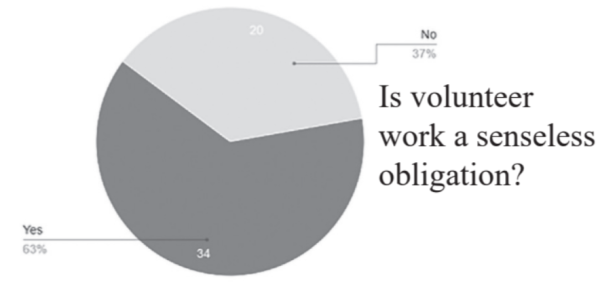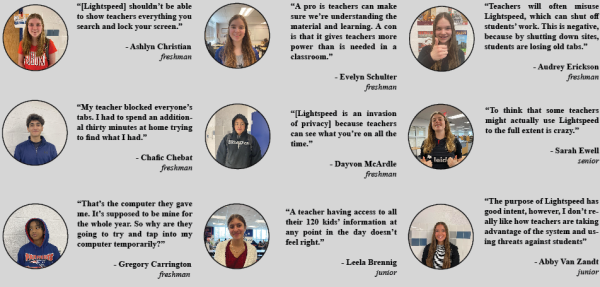The not-Learning Seminar
Photo courtesy of Ben Bradfield
Junior Madeline Brumbaugh sits fatigued in her LS. The current learning seminar contributes significantly to boredom among students.
Having time dedicated for students to complete classwork, learn about school policies, and better evaluate their mental health should be an excellent proposition. However, the current Learning Seminar (LS) system does not fulfill these objectives effectively.
Before the days of LS, Spartan Time was a time where students could travel throughout the school for academic, extracurricular, and leisurely purposes. It was a decision-based seminar that delivered choices, academic responsibility, and contentment for many students. Students met with teachers, visited the library, and held club meetings. This system ultimately dwindled due to organizational issues, much like the ones present in the current LS system. However, the options presented in Spartan Time gave more freedom to students. The current LS system fails to deliver these freedoms, especially with the tedious process of flexing in and out to other classrooms.
In order to visit a teacher during LS, students must alert their LS teacher, who must take time out of their plans to fill out a form and send an email to the staff member in charge of the room they wish to flex to. Furthermore, this inconvenient process is also inconsistently enforced, as some teachers strictly follow these time-consuming guidelines, while others stand up to them.
In either case, the common assumption is that the primary intention of LS is to allow students to have free time in school to complete work. Unfortunately , this is not being carried out due to the structure of LS. This can be attributed to the forced lessons given during advisory which do not allow students to allot time or effort toward educational purposes.
Teachers are not happy with the advisory program either, citing issued lessons on wide topics like mental health and suicide prevention as being difficult to cover in 20 to 30 minutes. Similarly, students do not appreciate the lack of depth found in these uniform, school-wide lessons, as they are often tone-deaf and, more importantly, prevent them from effectively working on schoolwork and taking breaks. Students are also prohibited from flexing out during the first LS period of the week meaning they are stuck listening to these tedious lessons.
It is clear that the administration has well-meaning intentions with LS, but these intentions are not demonstrated with the current seminar organization. Nevertheless, if the LS policies mentioned are not modified, the seminar will continue to be a waste of everyone’s time.











